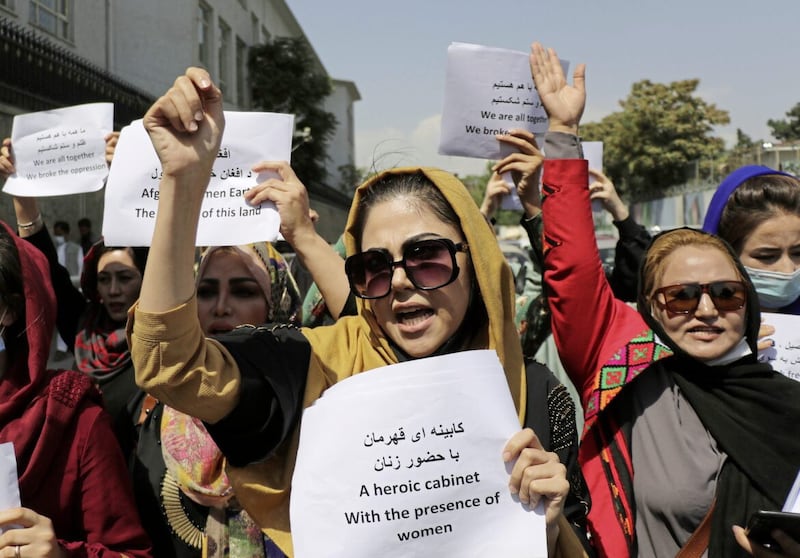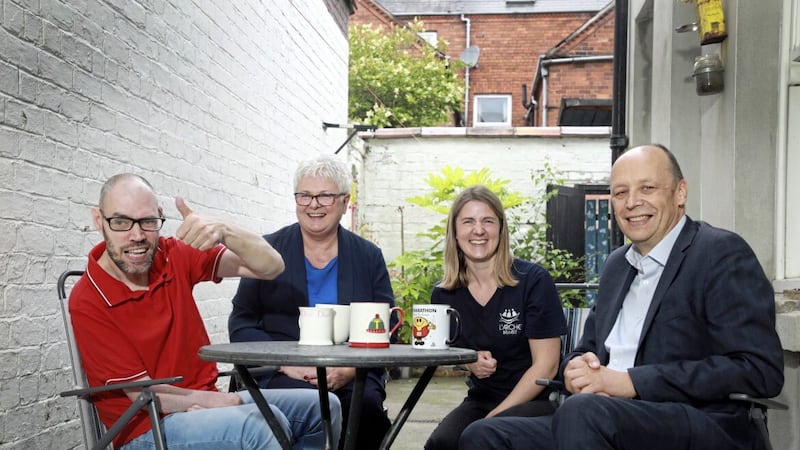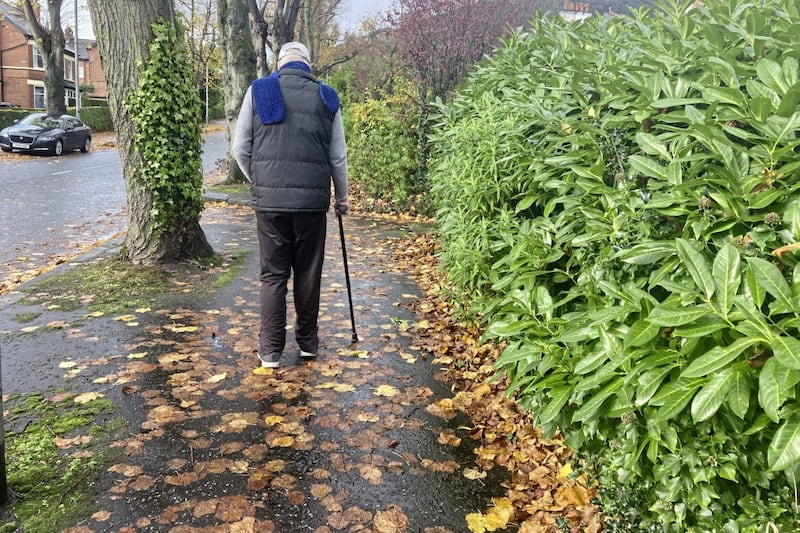WHAT is a social care worker? Are there many of them around? Is it a job or just a hobby for do-gooders? How valuable are they?
Well, to begin with there are more than 38,000 social care workers in Northern Ireland and it certainly is not a hobby. The interesting thing is, if you care about less fortunate men, women and children in the community, you too could join this band of special people, some on a part-time basis and making a career out of this service: you don't need formal qualifications and you will be paid for the hours you work.
However, you must work to the standards of conduct and practice for social care workers. You must be responsible and keep people safe: openness and transparency, integrity and empathy, compassion and kindness are all essential.
MAKING A DIFFERENCE
RACHAEL Mackarel is one of these workers. She's based at L'Arche Community in Belfast and she supports Thomas, who has physical and learning disabilities.
Rachael finds her work greatly rewarding.
"When I left school and university, I wanted to make a difference in the world, I love my job and I really value feeling that I've made that difference.
"I'm not a nurse, doctor, pharmacist or dietitian but my role is crucial in Thomas's life."
Rhonda Knox works for Positive Futures, an organisation dealing with learning disabilities, acquired brain injury and autistic spectrum conditions. She cares for children between four and 14, encouraging them to interact through play and craft work, building up confidence just as she does with adults: by taking them into social settings so, through meeting other people, they understand they are not alone.
Read more:
Anne Hailes: Casting your eye towards a new career
Anne Hailes: From Santa to ChatGPT, we need to be able to spot lies...
"I was a chef since I was 16," explains Rhonda, "but when my youngest of three became 21 and moved on, I realised I had a lot of life in me yet and I had skills I could share."
She looks on those she cares for as her grandchildren having fun taking one young woman to a dance and watching her in a new world making special friends and enjoying her freedom. She also sees the change her work makes to the family, knowing their relatives are safe with someone who is kind and caring.
Bernie McErlean was 60 when she was made redundant from the shopping centre where she had worked for 26 years.
"I was on the scrap heap," she tells me.
"Now, I'm loving every minute of caring for elderly people in their own homes."
There's an opportunity for everyone.
JOB OPPORTUNITIES
IF YOU choose social care as your long-term future career, it means you can make a positive difference to people's lives whilst accessing a huge and diverse range of job opportunities. It also offers the chance to gain qualifications whilst still working in your local community.
Rita Lewtas, head of strategic communications and engagement, explains: "When someone chooses a career in social care, they become part of the largest workforce within the Northern Ireland health and social care sector.
"There are a range of job opportunities available, from working in the Health and Social Care Trusts, to being part of private or independent sector organisations and in the community and voluntary sector."
At the moment, a summer campaign celebrates the vital contribution social care workers make to our community and it highlights how fulfilling such a professional role can be. The Special Care Council is telling real life stories though video case-studies and podcasts to showcase the day-to-day role of local workers and inspire those considering it as a career.
You can view stories and podcasts showcasing the daily experiences of these caring people at niscc.info/social-care-stories.
And, if you have a story you want to tell, email comms@niscc.hsnci.net.
IT'S HAPPENING IN AFGHANISTAN

WE ARE so fortunate to have a caring society: sure, we have problems, but in general, people are kind, and when the chips are down they'll offer help.
The same is true in Rhodes – as fires rampage over the island, despite the danger, villagers came out to help tourists offering rooms, food and water.
Contrast this with the latest news from Afghanistan, where the BBC have reported that the latest restriction on the lives of women is to shut hair and beauty salons. This follows barring teenage girls and women from classrooms, gyms and parks, dictating that they must be dressed in a way that reveals only their eyes and must be accompanied by a male relative if they are travelling more than 48 miles.
Can you imagine? Before you jump in the car to visit a friend 50 miles away, you have to persuade a man to come with you. And can you imagine not going to a night class to further your education?
The hairdressers is a place not only to have your hair cut and styled, but also a place to meet and talk, exchange ideas and enjoy a gossip – all very natural to those of us who live in freedom.
How desperate must be the despair experienced having your human rights taken from you.
Brave protests seem to have fallen on deaf fears. An Afghan university student told the BBC:
"I just want someone to hear my voice. I'm in pain and I'm not the only one. Most of the girls in my class have had suicidal thoughts. We are all suffering from depression and anxiety. We have no hope."
That young woman, in her early-20s, tried to end her own life four months ago after female students were barred from attending university by the Taliban government last December. She is now being treated by a psychologist.
Tragically, there are many reports of suicide at this time. Be grateful for what we have.









